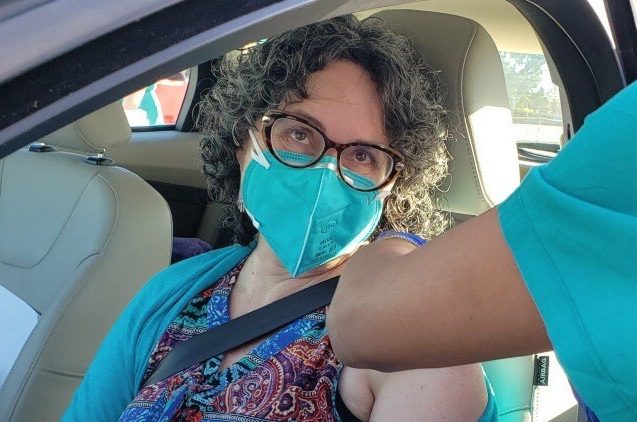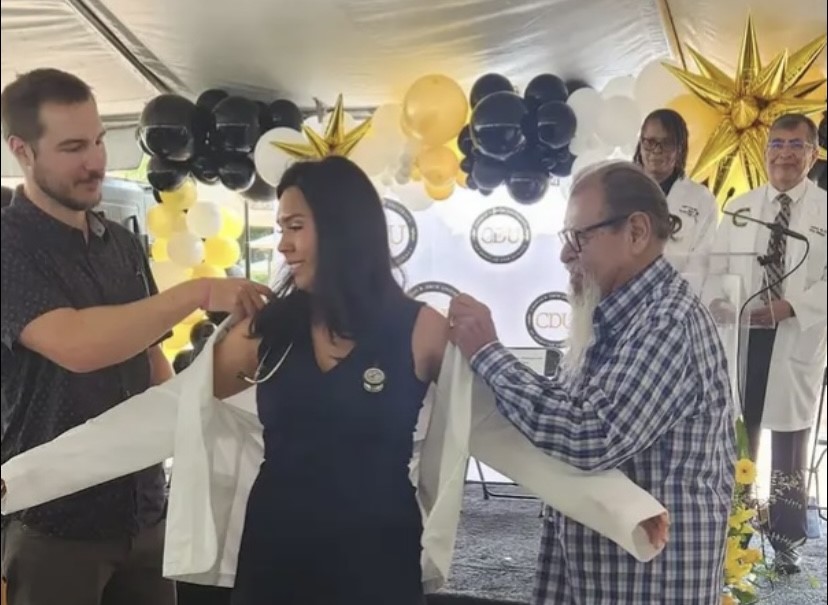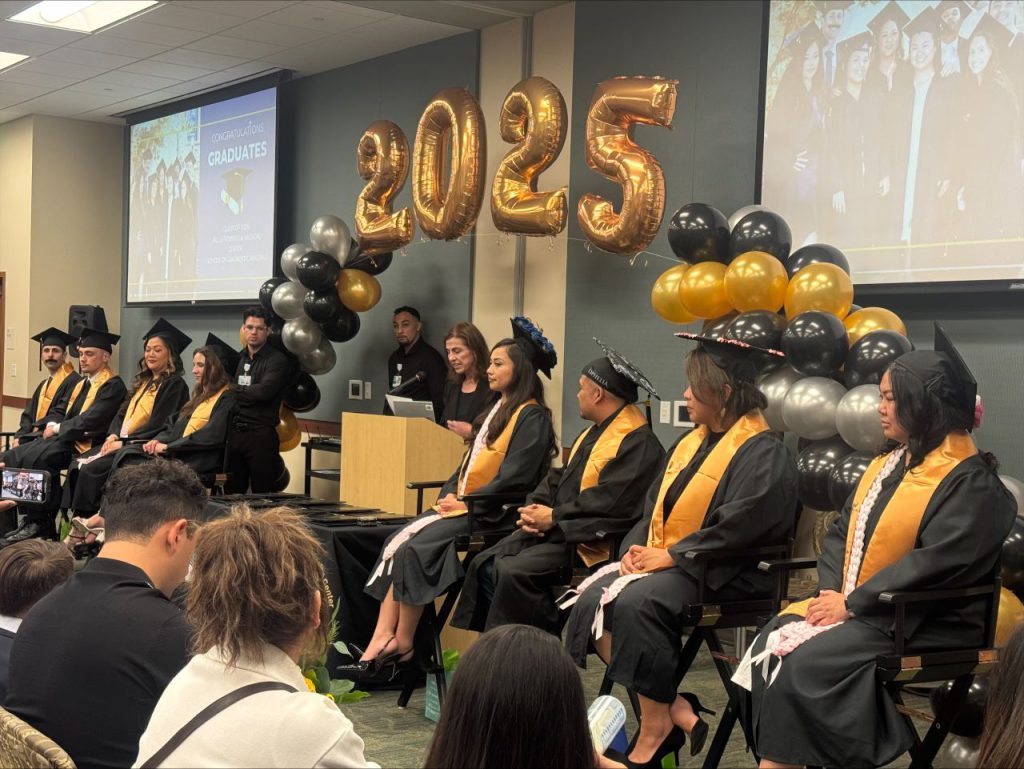Since the start of the pandemic, healthcare workers have cared for patients with COVID-19 while helping protect the broader community from further spread. These doctors, nurses, pharmacists, emergency medical service personnel and others have answered the call to care for patients – the core mission of their profession. And now, with COVID-19 vaccinations of their own, they can continue their work with a greater sense of confidence and comfort.
Getting back to work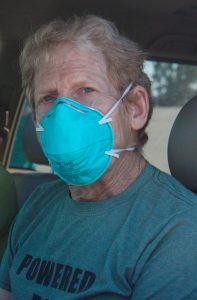
Steven Leib, M.D., an independent family medicine physician, personally sees the vaccine as a critical step to getting back to work in Ben Lomond, located in rural Santa Cruz County. “We closed our practice doors on March 17 and we’ve done telehealth exclusively since then; we can’t wait to open back up so we can see our beloved patients face-to-face again.”
Dr. Leib recently received his first COVID-19 vaccine at a clinic run by Sutter, which is open to healthcare workers from the surrounding community. “I am so grateful for this opportunity to be vaccinated, this is perhaps the greatest confirmation of a collegial community relationship,” said Dr. Leib.
Doing it for others
Lun Wang, a community health worker who serves people who are homeless or exiting the criminal justice system, also recently received her vaccine through a Sutter clinic and shared her personal motivations for getting the vaccine. “If you’re not going to get vaccinated for yourself, consider getting vaccinated for your loved ones and for the people around you because that’s what’s going to keep our community safe and help us recover from this pandemic as a whole,” Wang said.
Educating patients
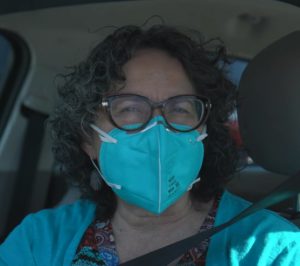 Lonna Larsh, M.D., is board certified in functional medicine, integrative medicine, and family medicine and treats patients who are interested in a holistic approach to health. She appreciates the chance to talk with patients about the vaccine on a clinical level and speak to her own experience about her vaccination at a recent Sutter clinic. “We want our patients to feel empowered to ask questions and make individualized choices in their health,” she said. “I look forward to getting questions from patients about the vaccines and sharing with them how they were tested, manufactured and ultimately how they work in the body.”
Lonna Larsh, M.D., is board certified in functional medicine, integrative medicine, and family medicine and treats patients who are interested in a holistic approach to health. She appreciates the chance to talk with patients about the vaccine on a clinical level and speak to her own experience about her vaccination at a recent Sutter clinic. “We want our patients to feel empowered to ask questions and make individualized choices in their health,” she said. “I look forward to getting questions from patients about the vaccines and sharing with them how they were tested, manufactured and ultimately how they work in the body.”

